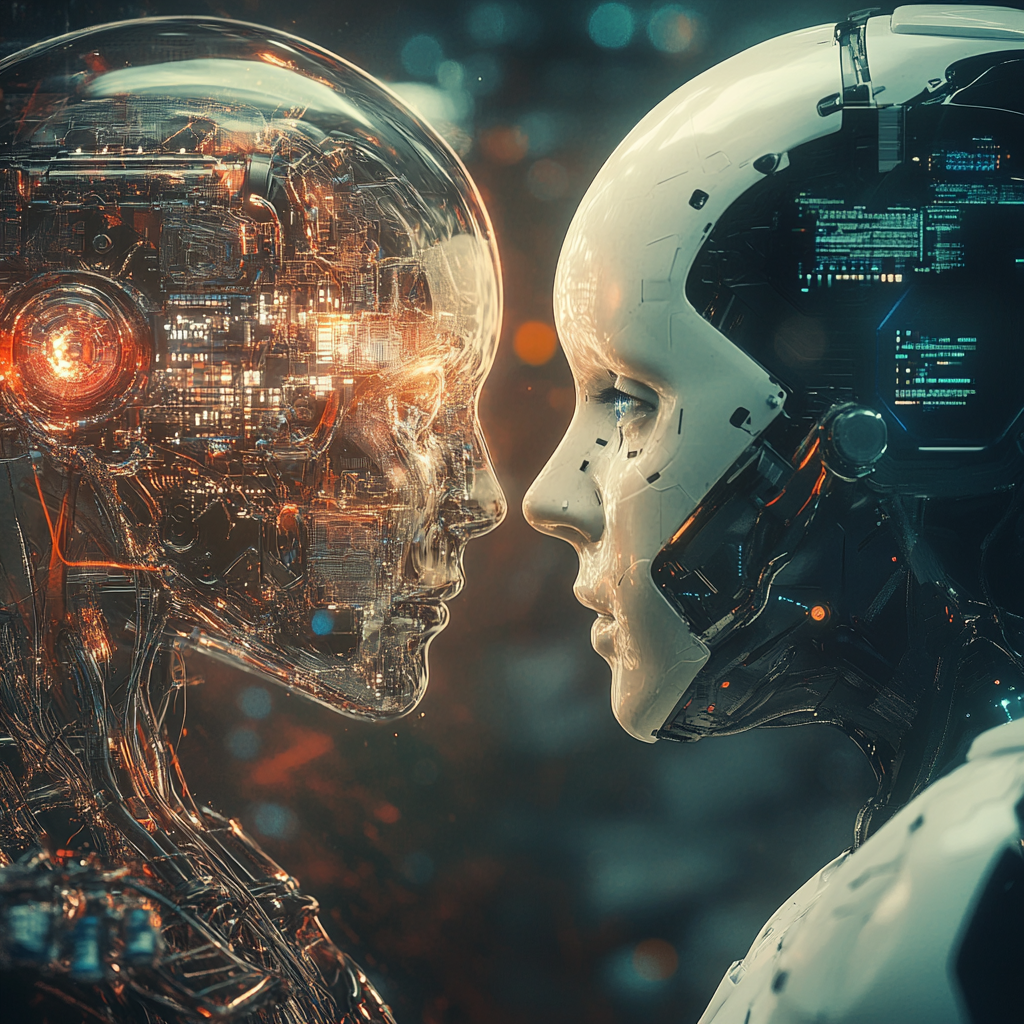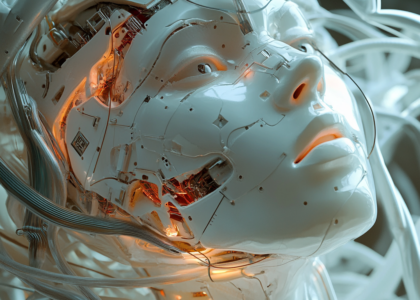The timeline for the development of Artificial General Intelligence (AGI) has become one of the most intense debates in the technology field. The consensus among experts points to a relatively near future, estimating a timeframe of three to five years from the time of writing this article. This prediction, although surprising to many, is based on the exponential acceleration of technological development that we have witnessed in recent years.
Sam Altman, CEO of OpenAI and central figure in the development of ChatGPT, has proposed a conceptual framework that helps us understand the evolution of AI towards AGI. According to Altman, artificial intelligence goes through five distinct levels of development, each built upon the capabilities of the previous one.
- The first level is conversational, where we were until recently, with systems capable of maintaining coherent and contextually appropriate dialogues.
- The second level, reasoning, involves the ability to process information logically and reach well-founded conclusions, a capability we are beginning to see in current advanced systems.
- The third level, autonomous agents, marks a crucial turning point. These systems are capable of operating independently, making decisions and executing tasks without direct human supervision. This is precisely where we find ourselves at the beginning of 2025, considered by many as the year of AI agents. The most conservative projections suggest that soon the number of these artificial agents will surpass the global human population.
- Innovation capability, the fourth level, implies that AI will be able to not only execute tasks but create new tools and methodologies, improving its own capabilities.
- The final level, organization, suggests the emergence of artificial entities capable of collaborating with each other, forming structures similar to human corporations, but operating at an unprecedented scale and speed.
This progression is not merely theoretical. Each level brings profound implications for the job market, global economy, and society as a whole. The transition towards higher levels of AI will not only transform how we work but could fundamentally redefine what it means to be human in an era of ubiquitous artificial intelligence.






